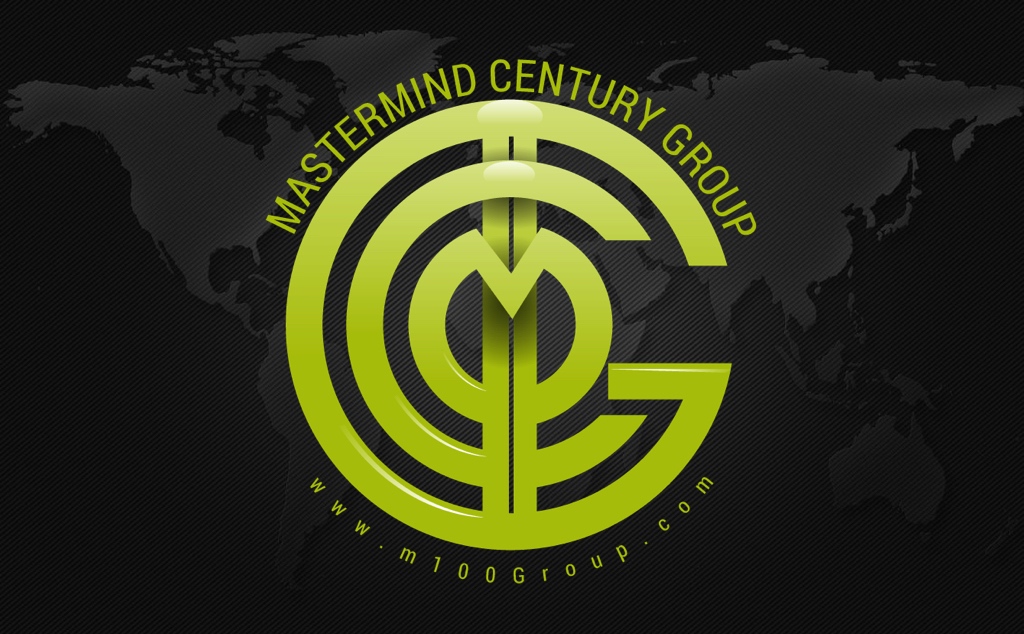 I just finished reading the book (as well as a group study on) The Way of the Warrior: An Ancient Path to Inner Peace by Erwin Raphael McManus. A fabulous book that really looks at the Christian in a new and somewhat counterintuitive way—but then again it’s Erwin McManus—it’s what he does. The book has a very stoic feel—stoic in an Epictetus or Marcus Aurelius sense—but all the while very Biblically based.
I just finished reading the book (as well as a group study on) The Way of the Warrior: An Ancient Path to Inner Peace by Erwin Raphael McManus. A fabulous book that really looks at the Christian in a new and somewhat counterintuitive way—but then again it’s Erwin McManus—it’s what he does. The book has a very stoic feel—stoic in an Epictetus or Marcus Aurelius sense—but all the while very Biblically based.
There were several places in the book—I had to pause and think deep—the concept of the warrior owning defeat was just one, but thought it was worth sharing
McManus ponders—the warrior knows that honor is not found in the victory. Honor is found in the nobility of the battle. If the battle is not worthy of the warrior’s life, there is no honor in its victory. In the same way, the warrior knows there is no dishonor in defeat. Failure and defeat are not the same.
The warrior never claims victory for themselves but only for others. In the same way, the warrior never gives blame for defeat but owns it for themselves. The warrior owns defeat, therefore defeat never owns the warrior.
The warrior takes complete responsibility while never holding tightly to anything. Because the warrior lives with open hands, nothing can be taken from them. The warrior is free from all things and therefore is free to enjoy all things.
Ownership is not about possession; it is about responsibility. What you own matters far less than what you take ownership for. We are responsible for far more than what we have been given; we are responsible for what could have been done with all that we have been entrusted with.
At the beginning of humanity, God gave Adam and Eve ownership – not possession but responsibility – over all creation. Yet when Adam and Eve both ate from the one forbidden tree in the garden, neither took responsibility for their actions and instead blamed someone else.
We cannot change what we do not take responsibility for. When we blame someone else, we become dependent on that individual to solve our problem and change our circumstance. After all, if it is that person’s fault, then he or she is the only one who has the power to change our condition.
There is an unexpected relationship between blame and fear. When we blame others for our failure, we become powerless to change the world around us. We begin to live a life filled with fear, paralyzed by uncertainty and embittered by a sense of victimization. Fear may cause us to abdicate responsibility, but the abdication of responsibility will most certainly cause us to live in fear.
So the questions I find myself asking are—Bill—do you take responsibility for things in your life that you don’t own? How can you transition into a mindset of ownership? How have you abdicated the power to change a failure in your life by placing blame on others? How can you relinquish fear by reclaiming responsibility for your life? How do You? Just something to ponder as we go throughout the rest of the week.


